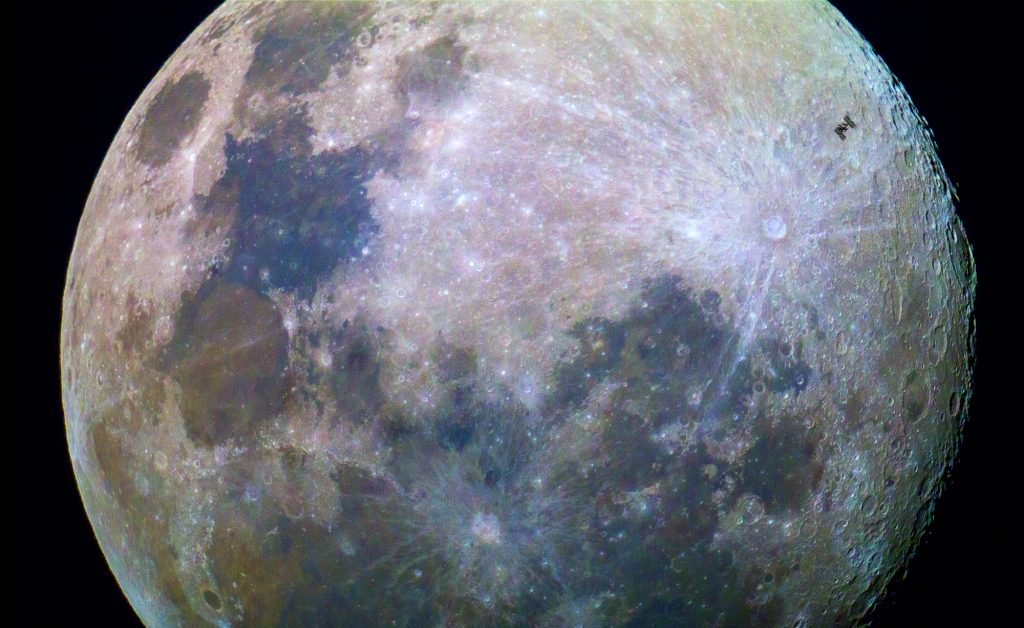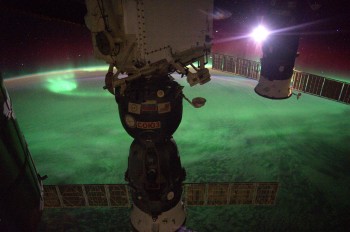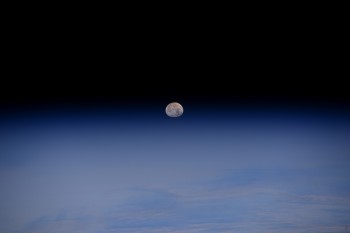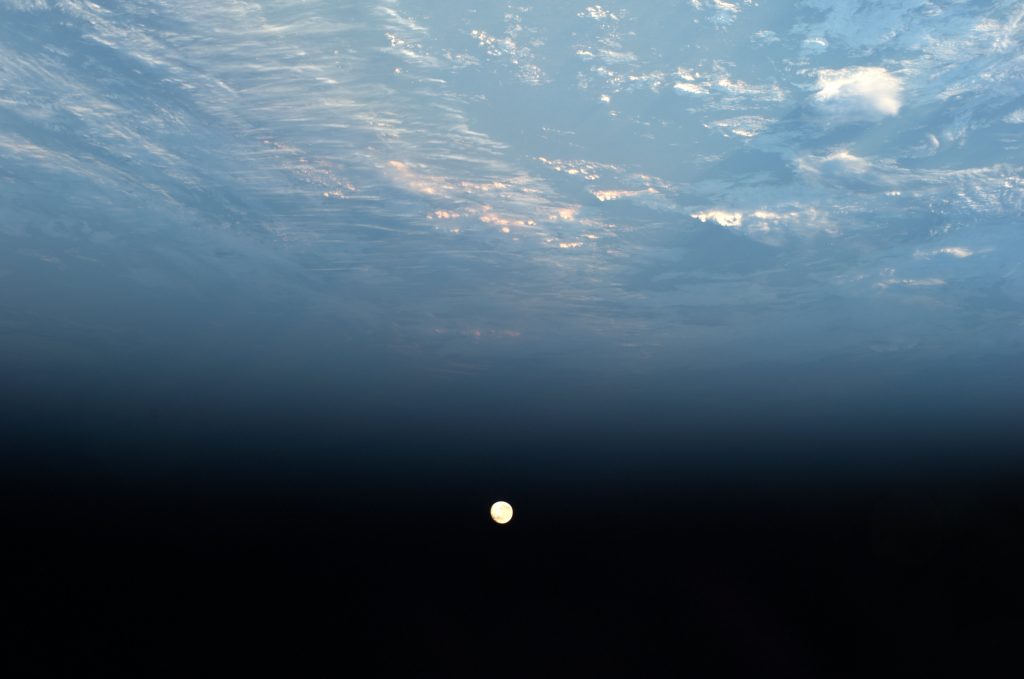ESA’s vision for near-future lunar exploration will soon be shared at the Symposium ‘Moon 2020-2030: A new Era of Human and Robotic Exploration’. As part of this Symposium, ESA is organising the ESA Moon Challenge. This international contest challenges University students worldwide to contribute to lunar activities and prepare for the next stop in exploration.
ESA’s vision for near-future lunar exploration will soon be shared at the Symposium ‘Moon 2020-2030: A new Era of Human and Robotic Exploration’. As part of this Symposium, ESA is organising the ESA Moon Challenge. This international contest challenges University students worldwide to contribute to lunar activities and prepare for the next stop in exploration.
Humans are explorers. Just as islanders need to understand the ocean that surrounds them in order to survive, we Earthlings need to understand the space that surrounds our own little blue island in a vast and hostile universe. We have a responsibility towards future generations to explore our cosmic environment.
Our closest companion, the Moon, was most likely ripped out of Earth by a cosmic projectile. That makes it a vital archive of information on our own past, and a reminder of the dangers coming from out there. We can see it as our 8th continent. But it is much more than that – just as we humans learn on the International Space Station how to live in space for long periods, we will learn from the Moon how to survive and conduct research on other planets. Furthermore, the Moon is our springboard to yet another interesting neighbour: Mars. Without such a springboard, situated no more than a couple of days journey away, the year-long flight to Mars would be much more difficult.
On several occasions in the last years, humanity failed until the last moment to discover asteroids that closely missed Earth. Some of them we only noticed after they had already passed between the Earth and the Moon. Despite our big Earth-based telescopes we still have vulnerable blind spots. So maybe the next asteroid on a collision course with Earth will be spotted by a telescope on the far side of the Moon, where it is not blinded by an atmosphere, nor Earth’s constant chatter of radio emissions.
A long-duration international research mission to the Moon would by far surpass all lunar exploration missions to date, and would allow extensive exploration activities and science programs. Such a mission would not only be the next big step for humankind, but also the greatest mission of discovery and adventure that we humans will have undertaken in a very long time. It would bring us together again by doing something fascinating, big and “impossible”.
On such a mission the nationality of the astronauts ceases to be of significance. Humanity needs to work together, finding both the resolve and the courage to send out a small number of us as pioneers. It is in the vital interest of all countries that depend on their advanced technological capabilities to be part of this effort. It is therefore vital for Europe not to miss out on such an opportunity for international cooperation. Furthermore, to share such an important common goal would strongly contribute to international stability, in much the same way as the International Space Station does today.
From “Blue Dot“ to “No Dot“
During my space mission I was able to observe that only a few days after leaving our planet, we cease to be Germans, Europeans, Russians, Chinese or Americans. We instead begin to see ourselves simply as inhabitants of planet Earth. As an ESA astronaut and geophysicist, I would, of course, be honoured and fascinated by the prospect of being able to stand on the edge of a lunar crater and having the opportunity to explore it. This is because with every secret the Moon reveals to us, we learn something new about Earth as well. From the near side of the Moon, our home planet resembles a little blue marble in space, whereas from the far side of the Moon it is eternally hidden from view. I am sure that for us humans, the experience of losing sight of our home planet altogether will serve as an immensely valuable lesson on what we are, which is possibly even critical for our survival.








Discussion: 6 comments
Hi Alex,
Our Blue Dot
This mission in particular grabbed my immediate attention and I fell in love with the whole concept.
I was hooked from my first introduction, watching you all at work on a live TV programme. For most your mission I was addicted, throughout it all I regained some hope for our planets future, thank you for sharing and caring.
Its incredible to think you want to do it all over in the future.
Anna
I had a disturbing thought the other day: what if we don’t go back?
It was jarring. Probably because I’ve been studying a lot of recent history lately – 19th century stuff. And I realize at some point, history transitions from being OUR past to being our ancestors’ past. At almost 50, World War II was way before I was born, but iit is still part of MY past. World War I is on the edige of my past. Charles Babbage’s analytical engine is just some crazy Victorian fantasy.
If we don’t go back, this is the fate of our moon journey. I saw it so it will be real to me. And it will be real to my son, to the next generation. But after that? The deniers will grow stronger, sure. But even the believers, what will they think? It will just be a footnote. A wacky stunt of our ancestors. Another pointless and useless invention. Maybe it will become the epitome of useless accomplishments.
We have to go back so that it remains our greatest success, rather than becoming our greatest failure.
So does this mean you’re going to the Moon?
I would love to go to the moon and see about doing something about that blind spot I think with the help of some great technology and maybe fine tuned we can do it! Thank you very much respectfully Brent Dixon
Hi Alex,
though your Blue Dot Mission is a while ago now, I find myself sitting on my roof terrace and enjoying the ISS flyovers more often these days. I caught up on a couple of your Interviews. Can speak only for myself, but your passion and your vision and “view of our planet” and the message you want to share totally grabbed me. Preserving our planet is important! Exploring is humans nature – I can’t wait to see you up in space again!
All the best!
Lukas
You’re a great man !keep up the good work .I’m here always give you cheering all the time!